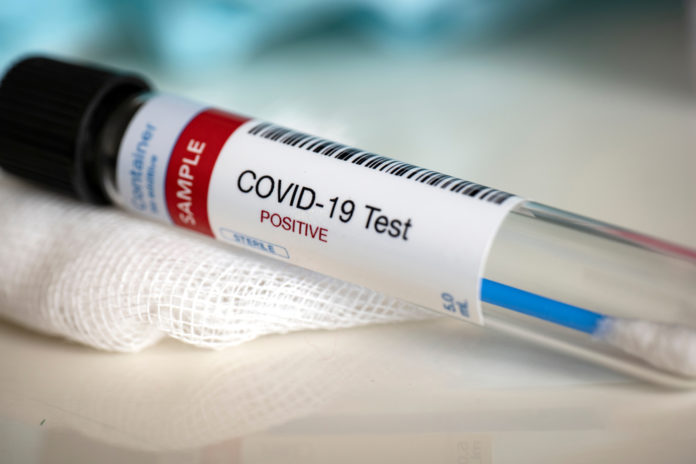By Jennifer Zelmer and David Mowat
COVID-19 has affected us all, but a great deal of the impact has been on older adults, and especially those living in long-term care homes. Eight in 10 deaths from COVID-19 in the first wave of the pandemic in Canada came from long-term care residences. Spread of COVID-19 in these settings has proven challenging to control. Vaccines offer hope for the future and are beginning to roll out, but they are not a panacea.
We owe it to those living and working in long-term care to use every tool available to prevent, prepare for and manage outbreaks. Outbreaks in long-term care homes are more common when community spread is high. Classic public health measures like good hygiene, physical distancing, limits on travel and activities, and masks matter, but we also need focused approaches within long-term care homes themselves.
And as the science advances and we learn from experiences in long-term care, we need to adapt rapidly.
Why not just count on vaccines? It will be weeks before vaccine administration in long-term care is complete in every community, and full protection takes time to develop. Not everyone is able or willing to get the vaccine. There are reports that up to 20 per cent of staff in some homes say that they do not intend to be vaccinated. Likewise, there will be turnover of staff, residents, essential care partners, and others coming into and out of the home, which may create gaps in coverage. In many jurisdictions, lack of an integrated tracking system makes it difficult to assure vaccine status.
Testing is also clearly part of the solution, but it’s time to revisit our approach. New testing options and new science suggest ways to refine testing strategies to meet local needs and changing pandemic status, as the recent report from the federal COVID-19 Testing and Screening Expert Advisory Panel points out. Their recommendations regarding optimizing diagnostic capacity, deployment of rapid tests for screening, equity and communications offer advice today and a base of guidance to build on as more evidence becomes available.
A range of tests are now available – from lab-based PCR tests (polymerase chain reaction testing), which is the ‘gold standard’ method for diagnosing if someone currently has COVID-19, to rapid antigen tests, which detect the presence of a specific protein that is part of the SARS-CoV-2 virus rather than genetic material from the virus. These tests differ in turnaround times, the types of health professionals needed to administer and process the tests, their accuracy, portability and cost. There are also variations in how tests are administered (e.g., whether a swab is taken via the nose or using saliva), some of which are less tolerable for repeated testing.
Balancing these factors is challenging and the optimal testing solution may vary in different scenarios. We may choose to use different tests for diagnosing infections than for situations where we need to rapidly identify people who are currently likely to transmit the virus to others, for example. And optimal test choice may depend on locally available resources, how often individuals will be tested and whether rates are high or low in a particular community.
For instance, there is growing recognition of the potential for mass screening of people without symptoms in targeted, high-risk situations like long-term care and other congregate living settings. Models suggest that quicker, more frequent testing can be more effective for screening than more accurate but less frequent tests with longer lag times to get results. Of course, it is important that positive results from screening are confirmed with diagnostic tests – and that those who test positive have the supports that they need for their own health and to keep others safe.
We continue to need scientists and clinicians to rapidly develop evidence about testing options and what works best when. And at the same time, governments, long-term care and retirement homes, and health authorities can apply what we now know to evolve testing strategies in ways that respond to current needs in their communities.
We are building this road as we are walking on it – a necessary feat in the middle of a rapidly evolving pandemic but also a difficult one. There is no single ideal approach to responding to COVID-19. That said, new developments in vaccines and testing expand the tools available to long-term care and retirement homes to support pandemic preparedness and response.
We need to use every option available to us.
Jennifer Zelmer is President and CEO of the Canadian Foundation for Healthcare Improvement and the Canadian Patient Safety Institute, as well as a member of the COVID-19 Testing and Screening Expert Advisory Panel.
David Mowat is a public health physician and consultant who has worked at federal, provincial and local levels, including terms as Chief Medical Officer of Health of Ontario and Deputy Chief Public Health Officer at the Public Health Agency of Canada.




